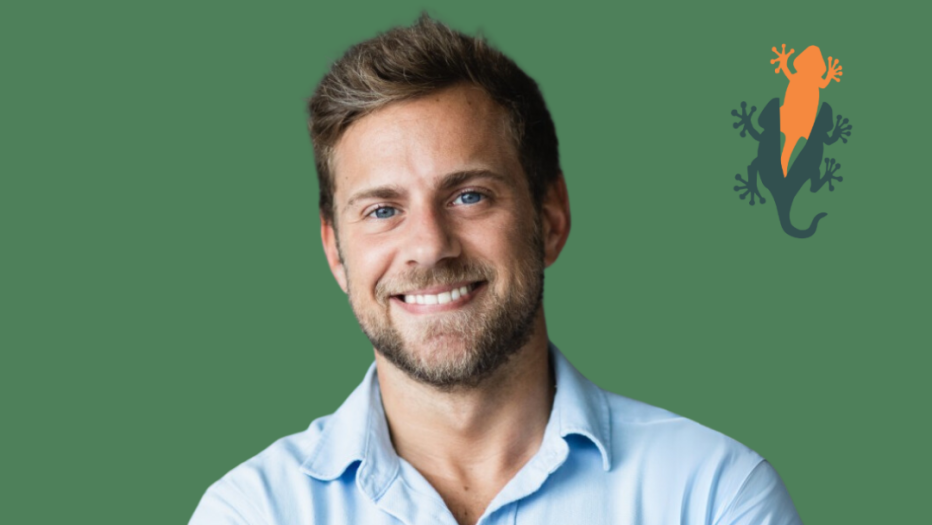
Intergenerational problems have a lot to do with the acceleration that all our organizations are undergoing
Enio Covre [TBS Education 2016]
Enio, originally from Biarritz, decided to move into the corporate world after his first clinical internship in his psychology degree. In 2016, he obtained a Master 2 in Social Psychology of Work and Organizations in Toulouse. At the time, he was interested in the management of distress at work, and also worked on the involvement and influence of social networks in recruitment methods. He completed his academic training with TBS Education's Mastère Spécialisé 'Gestion RH & Management' in 2016. For his first steps at Airbus, he worked on the implementation of a leadership model. He then moved on to ATR, where he invested in the digitalization of the HR function.
Back at Airbus, he experimented with the local HR function, then crossed the Atlantic to carry out this mission at the ATR site in Miami, working with an intergenerational team of 14 different nationalities. It was a fascinating two-year experience, but one that was cut short by Covid. His return to France was in Paris, at LinkedIn, still as local HR. Today, he holds this position at Google DeepMind, Google's AI subsidiary, covering a very wide territory (Europe, Middle East and Africa).
What differences have you experienced between the HR approach of a European industrial group like Airbus and that of an American GAFA like Google?
Above all, it's the strategic approach to HR that makes the differences. Let me give you an example. When it comes to dealing with the problem of employee mental health, which is a difficulty we encounter everywhere, the strategies for dealing with risk are very different. The Americans devote very substantial resources to this issue, which are decided at the top of the hierarchy, by management. Why do they do it? First and foremost, it's in their own interest, because for them (in American companies), well-being in the workplace is seen as a source of performance. On this basis, the company deploys many resources and does so in a very global approach, making them accessible to everyone in every country where it operates. Through the EAP (Employee Assistance Program), we offer free services designed to help employees with personal or work-related problems. These may include access to an external psychologist, or legal assistance: a whole range of external services that employees are free to use. At Airbus, we're tempted by this model because the successes of Silicone Valley have greatly influenced our vision of the company, but it's a difficult cultural change to make.
"In American companies, well-being at work is seen as a source of performance."
Unlike in France, at Google, the issues that concern employees in their working lives are not dealt with by employee representative bodies. Employees work in a system where they have little protection under the law, in terms of working hours or vacations for example. In France, we negotiate working hours and vacations, but then we work differently, financing these benefits through productivity and longer working hours. In the United States, rights are not asserted in the same way, but days are less hectic and solutions are proposed by a strategy that comes "from above". Once again, it's pragmatic: some recruitments have become very difficult, and we prefer to prevent departures by improving well-being in the workplace. In short, it costs far too much to be unwell in the workplace!
In the studies we have access to, young graduates talk a lot about the management style they're looking for. Can you tell me about the leadership model?
With the leadership model, companies want to create a common foundation on which all managers can work. But it can't be decreed. We draw our inspiration from existing behaviors within the company. You have to identify them, analyze them, and put them into perspective with the company's value system in order to propose a recommendation, a model. This model grows with the structure, with the events it goes through and the choices it makes. Our aim is for it to become a benchmark for managers. At Airbus, for example, the leadership model is built around agility. And different ways of being agile.
"Consensus implies cooperation and listening. This kind of model can undoubtedly meet the expectations of newcomers."
The idea is not to standardize behavior, but to ensure that everyone in his or her place is working in the same direction. The Airbus leadership model therefore includes several types of agility: personal agility, agility in dealing with others, and business agility. At LinkedIn, we're more interested in a model inspired by sales, with a focus on business. At Google, we're working more on a unifying, consensus-building model.
It's true that consensus implies cooperation and listening. This kind of model can undoubtedly meet the expectations of newcomers.
Would you say that there has been a break in the expectations of the "Covid" generation? It's quite common for managers to express fears about the new generation, but this isn't really new. In fact, people were already talking about instability and the difficulty of managing young talent ten years ago. What's true, in my opinion, is that this generation grew up thinking that it was difficult to have a permanent contract, and has adapted to this idea. They are also aware that the transformations we are experiencing are exponential and unpredictable. Here again, she adapts to this insecurity by demanding less security! She breathes like the times. The fact remains that it's normal to be disoriented when you arrive in a company. This is certainly largely due to the disconnect between the reality of the field and what you learn during your studies, which is as important as ever. Even at TBS Education! That said, intergenerational issues are very present. I think this is also due to the acceleration that all our organizations are experiencing. When everything moves faster, everyone lacks the time to welcome and train new arrivals. Everyone more or less dreams of a "plug and play" newcomer, but it's impossible!
"In reality, we were already talking about instability and the difficulty of managing young talent ten years ago."
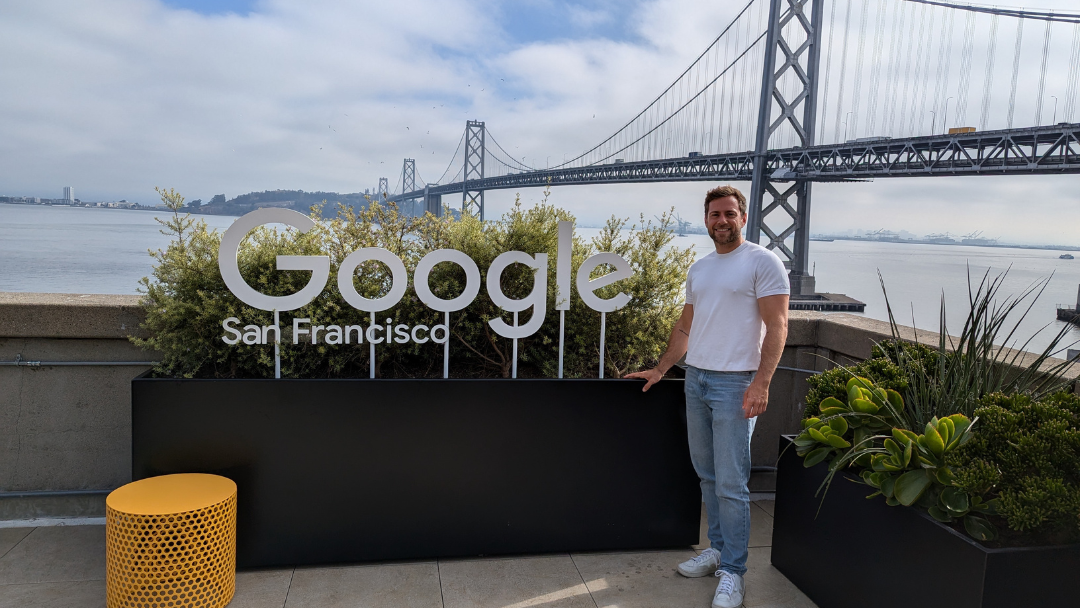
Any advice for young people just starting out?
When people can't spare the time, we tend to try and do things ourselves. Particularly in France, where hierarchical stereotypes and the notion of respect remain strong, we really wait until the last possible moment to ask a question.
The advantage is that you become very resourceful, but sometimes at the cost of your serenity. In the United States, a question is never seen as stupid, and young people ask for support at the first obstacle they encounter from managers who are always available. So, you have to find the right moment, but you have to ask your questions. And the right time isn't necessarily the last time.
Interview by Anne Lafont (TBS Education 1988)




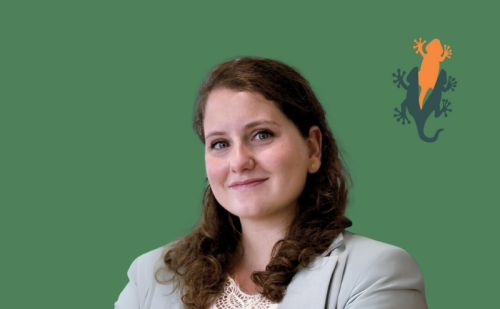
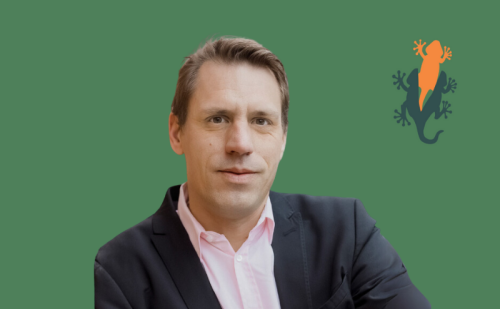
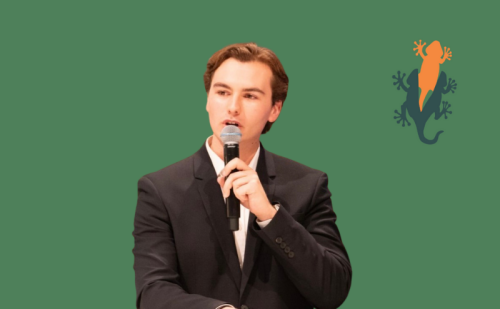
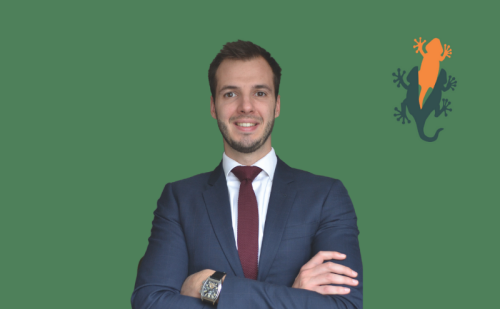
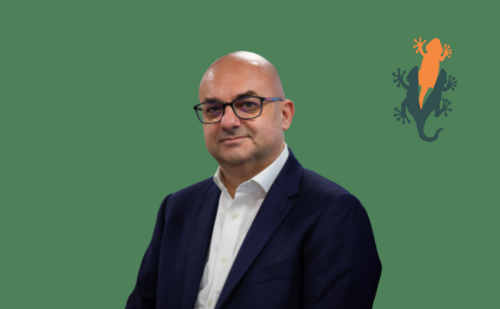
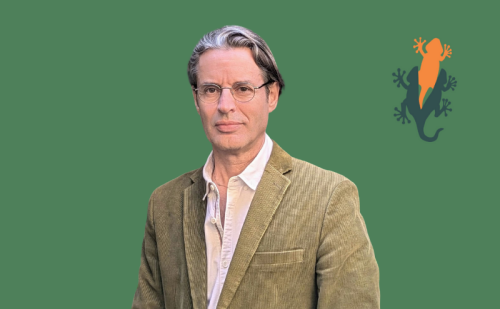

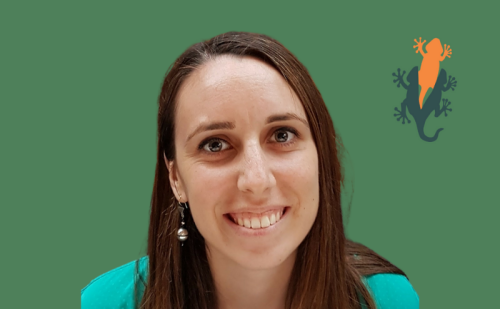
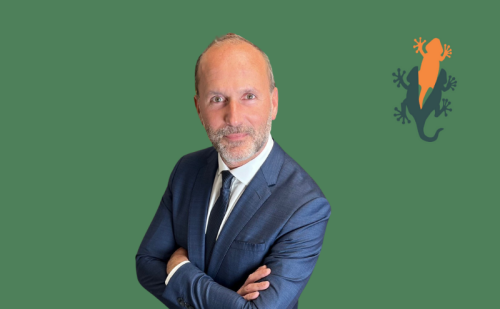

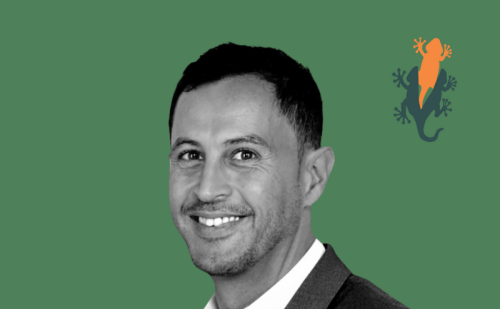


No comment
Log in to post comment. Log in.